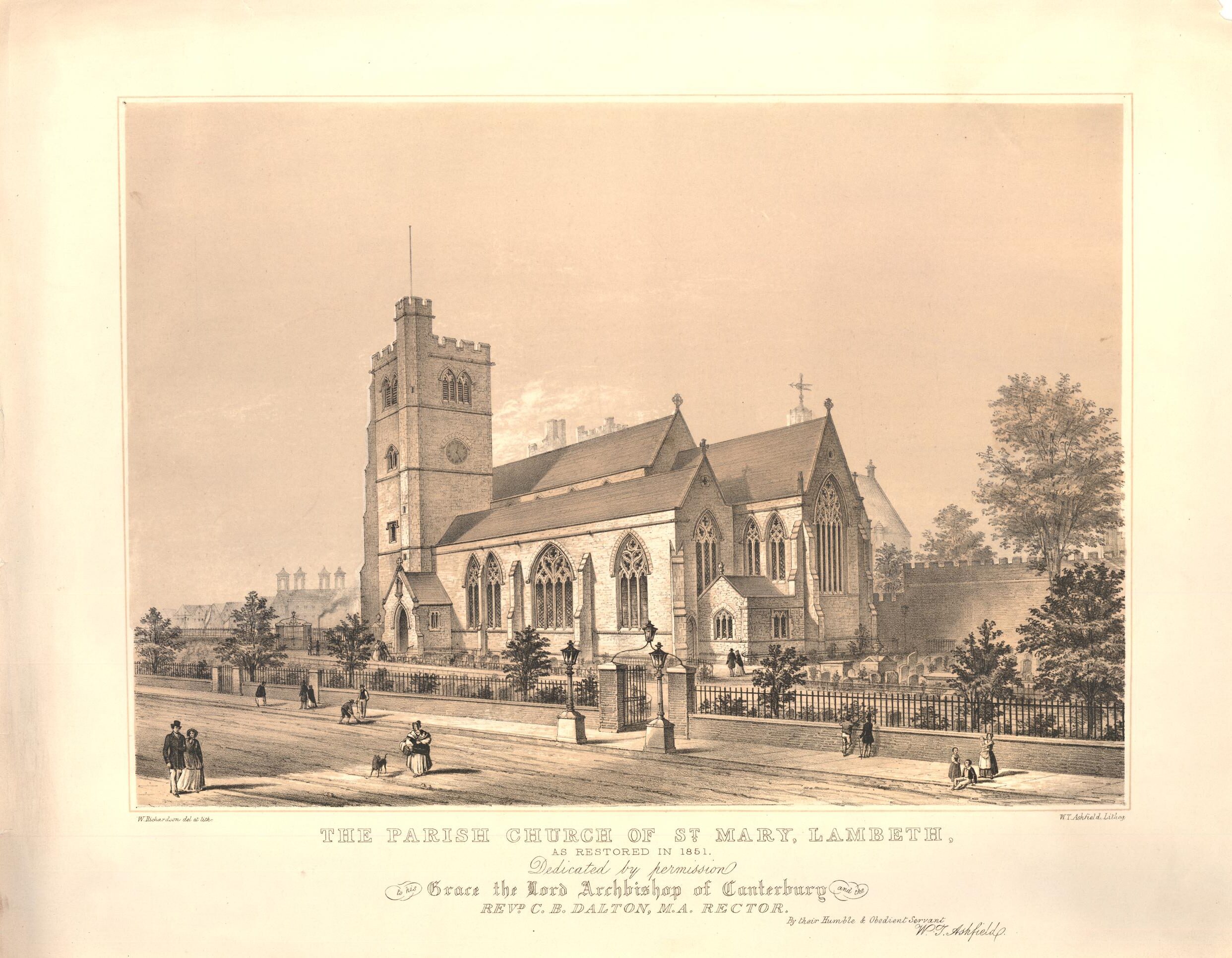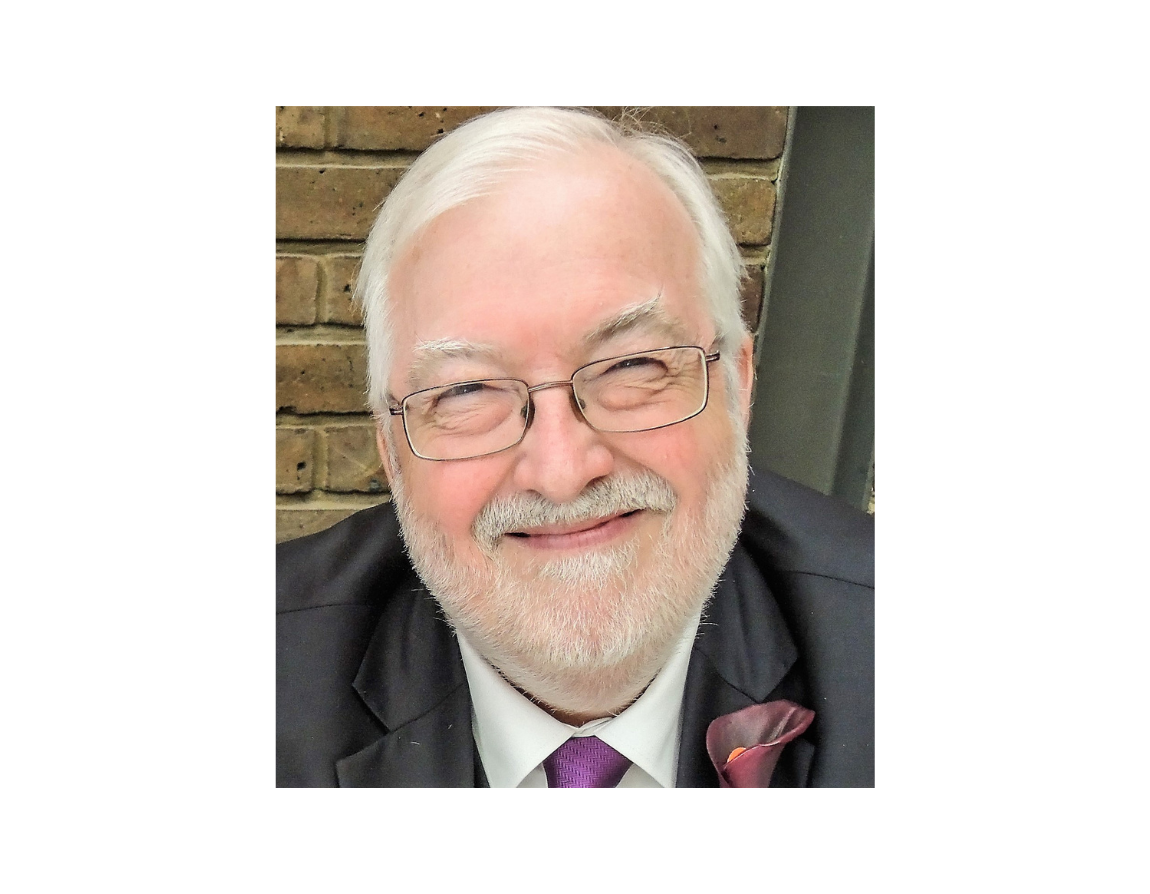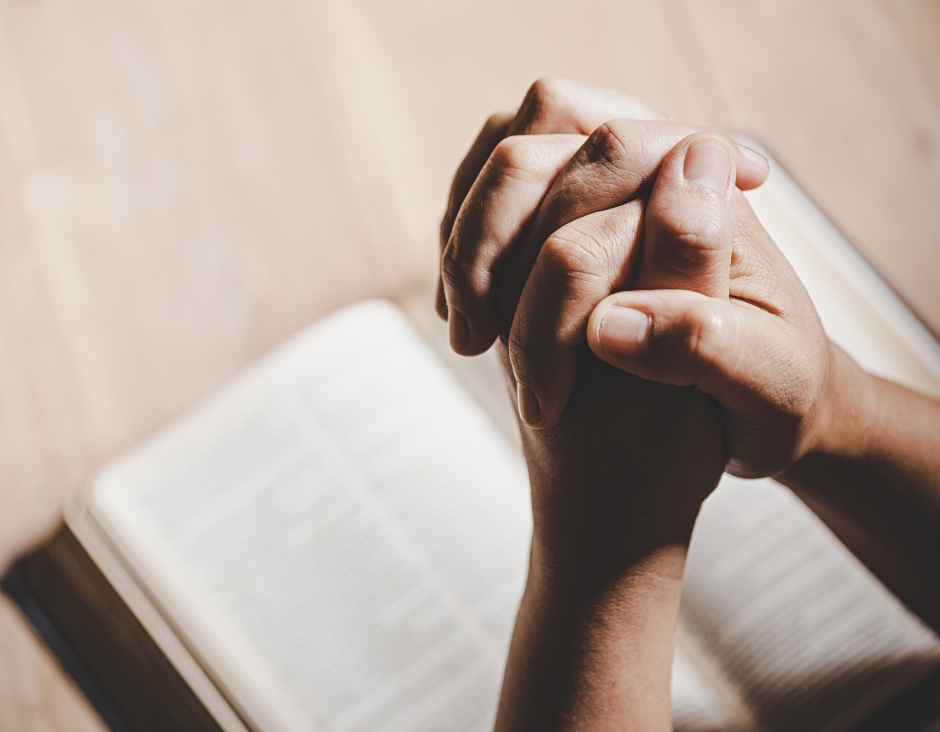In the last of our articles to mark the 1,700th anniversary of the Nicene Creed, Stephen Rand offers a personal and thought-provoking essay from his own Baptist perspective. Interpreting his brief in the light of some of the live questions which many denominations are struggling with, we trust his essay will prompt reflection and discussion, even if not agreement. We would love to hear your comments.
20 July 2025
I believe
It’s extraordinary to think that 1,700 years ago church leaders could get together to try to agree what they believed. But then they were following the dictate of a Roman emperor. Today around a third of the world’s population describe themselves as Christians and the meaning of that description is still defined by the agreement made in Nicaea in AD325, although it was probably modified later in the same century and tweaked after that.
The big challenge then was how to define the Trinity in a way that affirmed the divinity of Christ. Arius of Alexandria was arguing that Christ was not divine, and he had a growing following. Emperor Constantine was convinced that a divided church offended God and risked his vengeance on the empire and Constantine himself.
So Constantine organised and hosted the church council. They couldn’t agree on a date for Easter, but they came up with a definition of the Trinity. Arius refused to accept it. He was declared a heretic, exiled, and his writings burned. Anyone found with his writings was to be executed. And though for more than 40 years after the death of Constantine, Arianism was the official orthodoxy of the eastern empire, the Nicene Creed won. Christianity was now unequivocally and officially Trinitarian: Jesus was the divine Son of God.
Arius refused to accept the definition of the Trinity. He was declared a heretic, exiled, and his writings burned.
Officially trinitarian
The Nicene Creed is the only ecumenical creed accepted as authoritative by the Roman Catholic, Eastern Orthodox, Anglican and major Protestant churches.
The irony is that few of those who profess mainstream Christianity could offer a confident explanation of the Trinity. We know it’s true, but that’s about as far as it goes. Mind you, the same is true of electricity and the internet.
I’ve no idea how much the ordinary church-goer in Nicaea knew or cared about this issue. Perhaps the academic debates of learned theologians did not engage their interest any more than they do now. But there was sometimes a higher price to pay then than now if you made the wrong decision about your religious allegiance.
My thesis for my master’s degree in history was an examination of churches in Lambeth from 1851–1903. I discovered all sorts of things, including church yearbooks that published complete lists of all donations made to the church, including the names of the donors.
It also became apparent that while ministers and church leaders were convinced that those attending their church did so because they believed what the minister or the denomination believed, that was far from the case. People actually attended because they liked the building, enjoyed the music, because their friends went or because it was convenient. Scots attended the Scottish Presbyterian Church, some because they were Presbyterians, some because it was the place to meet up with other Scots.

People actually attended church because they liked the building, enjoyed the music, because their friends went or because it was convenient.
Believing or belonging?
I think this is still true today. Many of my fellow Baptists used to go to the Methodist Church, a house church or an Anglican church. They haven’t necessarily changed their beliefs – it’s more that what we offer on a Sunday morning suits them better. And of course some people have travelled in the opposite direction.
Years ago, in another Baptist church, I ran the Alpha course for those in the church so they could decide whether to invite their friends the next time we offered it. I discovered that churchgoers of many years weren’t sure about the resurrection, the Holy Spirit and the authority of scripture.
Now I sit next to people in the service, some I know well, some less well. But I rarely know what they believe in any detail. I definitely know that many don’t believe or accept the official Baptist belief about baptism. The Baptist Union links churches on the basis of a declaration of principle, which has three points: the first emphasises the divinity of Christ and then indicates that every Baptist church is independent; the second insists that baptism is immersion in water by those who have professed repentance and faith; the third underlines the duty of every Christian to ‘bear personal witness’ and take part in the evangelisation of the world. This is a long way from the Nicene Creed.
When people are asked why they have chosen to join our church, it’s not because they wanted to be a Baptist. They overwhelmingly reply it’s because of the welcome they have received. It’s not so much creeds or beliefs; it’s relationships. They feel they belong.

We didn’t agree about everything, but were prepared to maintain fellowship even where there were differences of opinion.
The church in 2025
For me, this partially explains why human sexuality, not the nature of the Trinity, is the issue now tearing the church apart, 1,700 years on from the Council of Nicaea.
Each Baptist church is independent. Its members decide what it believes and how it behaves. So when an LGBT+ person asked just how welcome they were – could they become a member, lead worship, become a leader – our members decided the answer. We had our own version of the Council of Nicaea. There was a carefully constructed process of looking at biblical teaching, listening to one another, praying together – and in that context voting on a series of propositions.
We discovered that we didn’t agree about everything, but nearly all were prepared to maintain fellowship even where there were differences of opinion. The overwhelming agreement was that we wanted to welcome people fully. And since then we have been welcoming more people – different nationalities, different age groups. I’ve no idea about their sexuality, but they want to belong.
This is a sensitive area. Taking such a decision publicly carries the risk of being ‘exiled’ by some Christians and churches, even those who may in the past have been willing to share fellowship and work together despite varying opinions about salvation, communion, the Holy Spirit, baptism, worship – but in 2025 sexuality is the issue that divides.
Constantine wanted to bring unity to the church. The Nicene Creed is part of his enduring legacy. But down through history, people who recite the Nicene Creed have been prepared to persecute each other viciously and without mercy.
I’ve spent most of my life as a member of a Baptist church. Baptist churches trace their family tree back to groups of Christians who lived in fear of other groups of Christians. They had membership precisely because they wanted to be sure of who they were in fellowship with, fearing spies and infiltrators.
Of course it matters what we believe. Our relationship with Jesus and with his followers is shaped by what we believe. But historically creeds have focused on doctrine rather than behaviour. I wish the Nicene Creed had one more line – And because I believe all this, in humility and in the strength of the Holy Spirit, I will live life to the full, generously sharing the love of God to all in word and deed.
That I believe.



